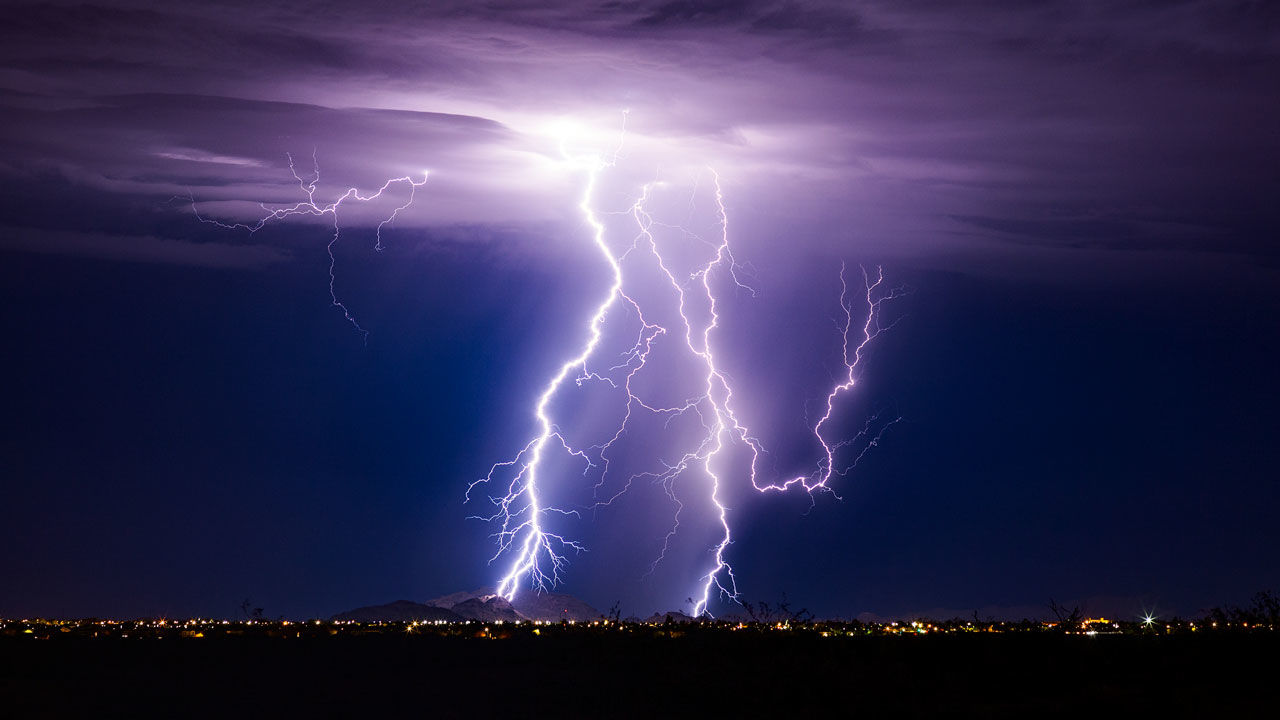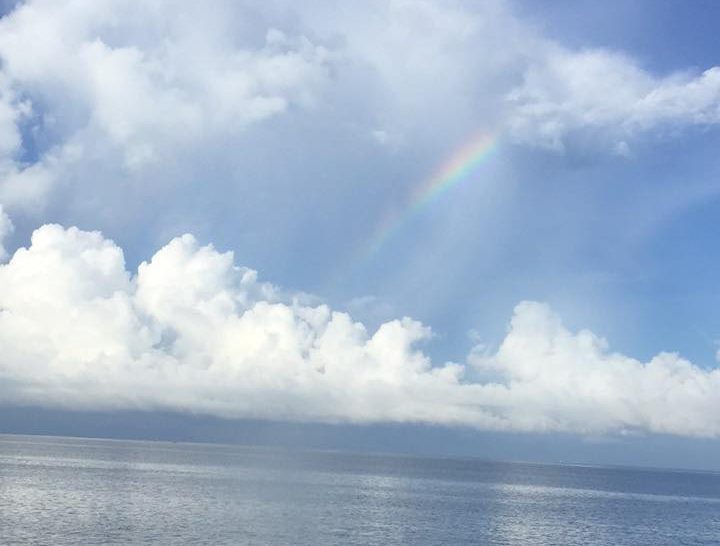Will you not revive us again, that your people may rejoice in you? Psalm 85:6
1949 – October: Hebrides Islands, Scotland (Duncan Campbell)
Duncan Campbell
Following the trauma of World War II, spiritual life reached a low ebb in the Scottish Hebrides. By 1949 Peggy and Christine Smith (84 and 82) had prayed constantly for revival in their cottage near Barvas village on the Isle of Lewis, the largest of the Hebrides Islands in the bleak north west of Scotland. God showed Peggy in a dream that revival was coming. Months later, early one winter’s morning as the sisters were praying, God give them an unshakeable conviction that revival was near.
Peggy asked her minister James Murray Mackay to call the church leaders to prayer. Three nights a week the leaders prayed together for months. One night, having begun to pray at 10 pm, a young deacon from the Free Church read Psalm 24 and challenged everyone to be clean before God. As they waited on God his awesome presence swept over them in the barn at 4 am Mackay invited Duncan Campbell (1898-1972) to come and lead meetings. Within two weeks he came. God had intervened and changed Duncan’s plans and commitments. At the close of his first meeting in the Presbyterian Church in Barvas the travel weary preacher was invited to join an all night prayer meeting. Thirty people gathered for prayer in a nearby cottage. Duncan Campbell described it:
“God was beginning to move, the heavens were opening, we were there on our faces before God. Three o’clock in the morning came, and God swept in. About a dozen men and women lay prostrate on the floor, speechless. Something had happened; we knew that the forces of darkness were going to be driven back, and men were going to be delivered. We left the cottage at 3 am to discover men and women seeking God. I walked along a country road, and found three men on their faces, crying to God for mercy. There was a light in every home, no one seemed to think of sleep.”
When Duncan and his friends arrived at the church that morning it was already crowded. People had gathered from all over the island, some coming in buses and vans. No one discovered who told them to come. God led them. Large numbers were converted as God’s Spirit convicted multitudes of sin, many lying prostrate, many weeping. After that amazing day in the church, Duncan pronounced the benediction, but then a young man began to pray aloud. He prayed for 45 minutes. Once more the church filled with people repenting and the service continued till 4 am the next morning before Duncan could pronounce the benediction again.
Even then he was unable to go home to bed. As he was leaving the church a messenger told him, “Mr. Campbell, people are gathered at the police station, from the other end of the parish; they are in great spiritual distress. Can anyone here come along and pray with them?”
Campbell went and what a sight met him. Under the still starlit sky he found men and women on the road, others by the side of a cottage, and some behind a peat stack all crying to God for mercy. The revival had come.
His mission continued for five weeks. Services were held from early morning until late at night and into the early hours of the morning. The revival spread to the neighbouring parishes from Barvas with similar scenes of repentance, prayer and preaching. People sensed the awesome presence of God everywhere.
That move of God in answer to prevailing prayer continued in the area into the fifties and peaked again on the previously resistant island of North Uist in 1957. Meetings were again crowded and night after night people cried out to God for salvation.
The Hebrides revival, experienced in a Presbyterian context, illustrates how the impact of the Spirit floods and transcends any context. Campbell emphasised the importance of a baptism in the Spirit, as had been a common theme in the Welsh revival.
Source: Renewal Journal – Geoff Waugh


